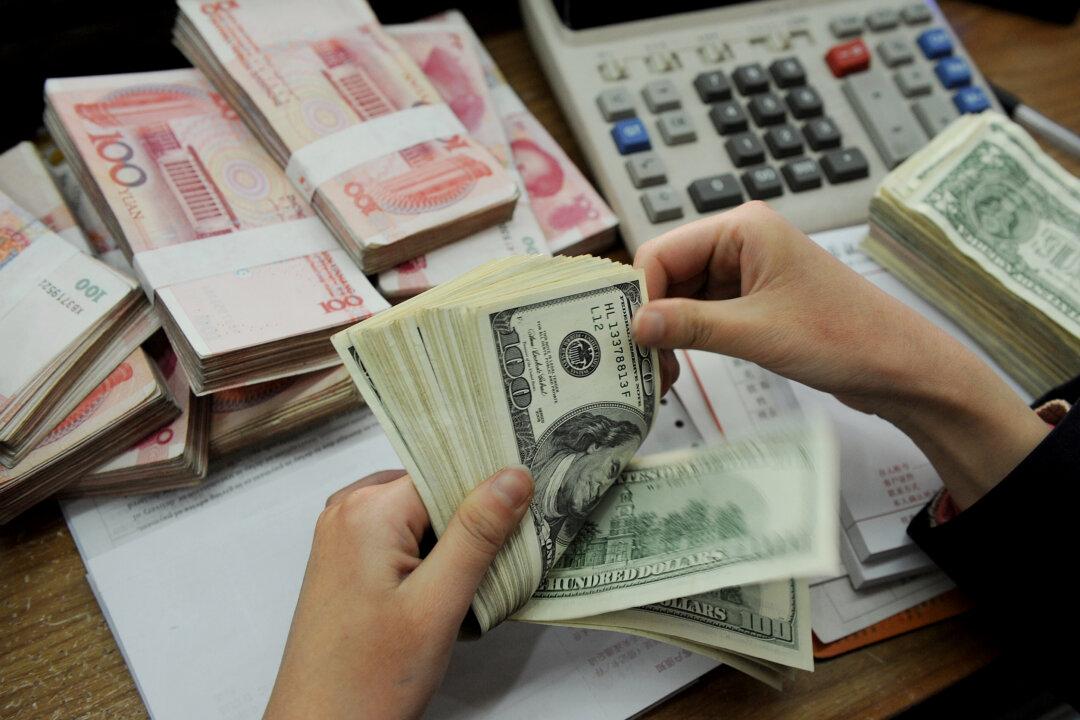The Chinese regime responded angrily to the United States’ designation of China as a “currency manipulator,” running commentaries accusing the U.S. government of bullying in all its major state-run outlets, including People’s Daily, CCTV, Xinhua, and Global Times.
The value of the Chinese yuan slid on Aug. 5 and breached a key seven-per-U.S. dollar exchange rate—for the first time in 11 years.





